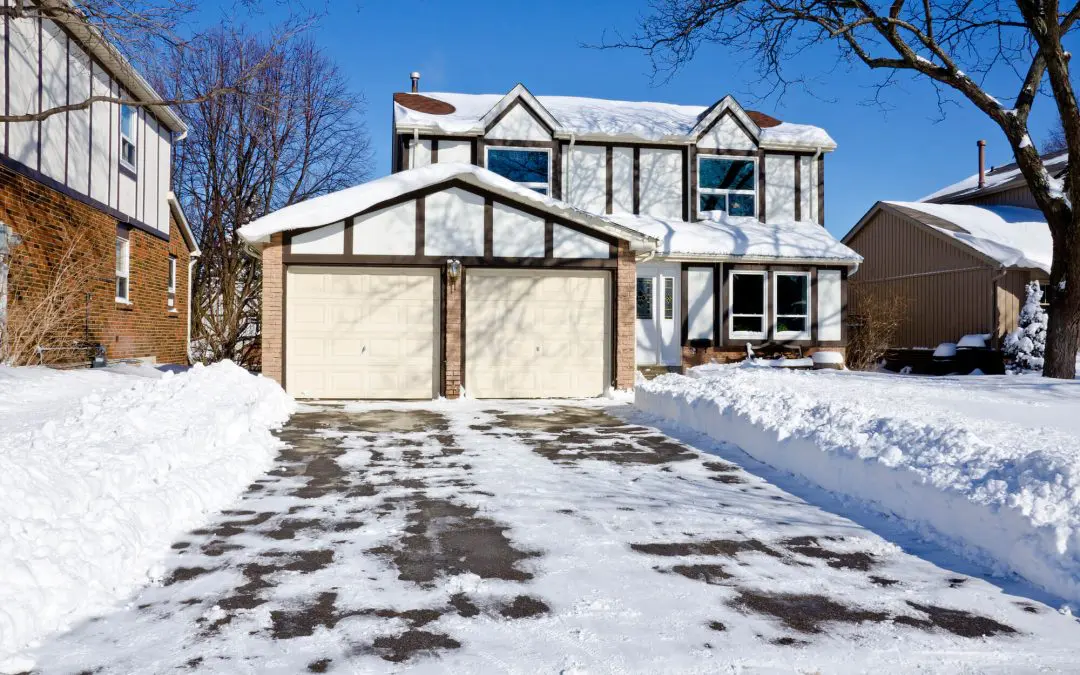Winter is a magical time of year, but it also brings challenges that pose risks to your home and family. Snow, ice, and freezing temperatures require preparation and vigilance to keep your home safe and cozy. Taking proactive steps for winter safety will help prevent accidents, protect your property, and let you enjoy the season worry-free.
Keep Your Heating System in Top Shape for Winter Safety
A reliable heating system is essential for winter comfort and safety. Start by scheduling an inspection with a licensed HVAC technician. They’ll check for potential issues, clean the system, and confirm that everything is operating efficiently. Replace your filters regularly to maintain airflow and improve indoor air quality.
If your home uses a fireplace, wood stove, or space heater, inspect these as well. Clear chimneys of creosote buildup to prevent fires, and place space heaters on level surfaces, away from flammable items. Always use them according to the manufacturer’s guidelines.
Prevent Ice Dams and Roof Damage
Ice dams can wreak havoc on your roof, leading to leaks and structural damage. To prevent them, your attic should be well-insulated and ventilated. This helps maintain a consistent roof temperature, reducing the risk of snow melting and refreezing at the edges.
After heavy snowfall, carefully remove excess snow from your roof with a roof rake. Focus on areas where ice is likely to accumulate, but avoid damaging shingles. If you notice icicles forming, it’s a sign that your gutters may not be draining properly. Clear them of debris to improve water flow.
Avoid Slippery Surfaces
Icy driveways, walkways, and stairs commonly cause winter accidents. Keep these areas safe by shoveling snow promptly and using an ice melt product to reduce slickness. Sand can provide additional traction if needed.
For extra safety, install handrails or textured strips on steps. Adequate outdoor lighting is also crucial for spotting hazards, so check that all bulbs work before the days grow shorter.
Protect Your Plumbing
Frozen pipes can burst, causing significant water damage and costly repairs. To prevent freezing, insulate exposed pipes in your home, particularly in unheated areas like garages, basements, or crawl spaces.
During extreme cold snaps, keep a trickle of water flowing through faucets to reduce pressure in the pipes. Open cabinet doors beneath sinks to allow warm air to circulate. If you plan to be away, set your thermostat no lower than 55°F and shut off the main water supply as an extra precaution.
Stay Safe During Power Outages
Winter storms often bring power outages, so being prepared is essential. Invest in a portable generator to keep vital appliances running, but operate it outdoors and away from windows to avoid carbon monoxide poisoning.
Keep a supply of flashlights, batteries, blankets, and non-perishable food on hand. Charge devices in advance, and have a battery-powered radio for weather updates. Avoid using candles for light due to fire risk.
Monitor Carbon Monoxide Levels for Winter Safety
Carbon monoxide is an odorless, invisible gas that can be deadly. Install detectors on every level of your home, especially near sleeping areas. Test them regularly and replace batteries as needed.
Make sure that all fuel-burning appliances, including gas furnaces, water heaters, and stoves, are vented properly and inspected annually. Never use outdoor appliances like grills or portable heaters indoors, as they produce carbon monoxide.
Watch Out for Fire Hazards
With increased heating and lighting use in winter, the risk of fire grows. Never leave a fireplace unattended, and use a screen to catch sparks. Turn off holiday lights and space heaters when leaving the room or going to bed.
It’s also a good time to test your smoke alarms and replace batteries. Keep a fire extinguisher accessible, and make sure everyone in your household knows how to use it.
Winter safety requires extra effort, but the peace of mind and comfort it brings are well worth it. By following these tips and addressing risks proactively, you’ll enjoy the season knowing your home and family are well-protected.
FAQs: Winter Safety
How can I tell if my pipes are freezing?
You might notice reduced water flow, frost on exposed pipes, or an unusual smell from faucets. If you suspect freezing, warm the pipes with a space heater or hairdryer, but never use an open flame.
What’s the best way to prepare my car for winter?
Stock an emergency kit with essentials like blankets, a flashlight, and non-perishable snacks. Keep your gas tank half full to prevent freezing, and make sure your tires are winter-ready.
How can I safely remove ice dams?
Use a roof rake to clear snow and apply calcium chloride ice melt to the dam. Avoid chiseling or hacking at the ice, which can damage your roof.
What should I do if my power goes out during a snowstorm?
Stay warm by layering clothing and using blankets. If you have a portable generator, use it outdoors. Avoid opening your fridge or freezer unnecessarily to preserve food.
When should I call a professional for winter issues?
Call a professional if you suspect structural damage from snow, need help removing ice dams, or encounter HVAC issues you can’t resolve. Experts can address these problems safely and effectively.
Secure Home Inspection Services provides inspection services to customers in Western New York state. Contact us to schedule an appointment.

